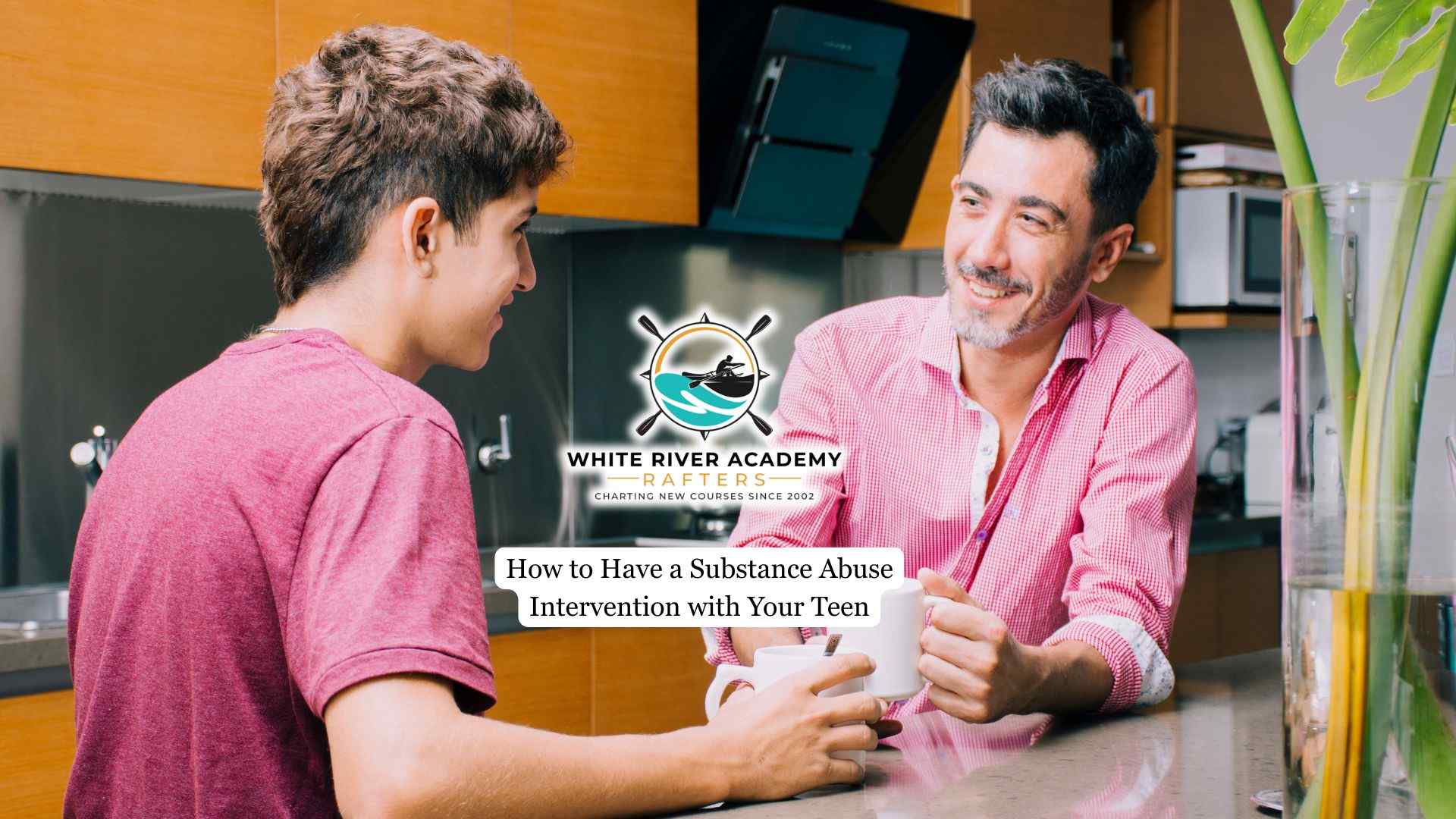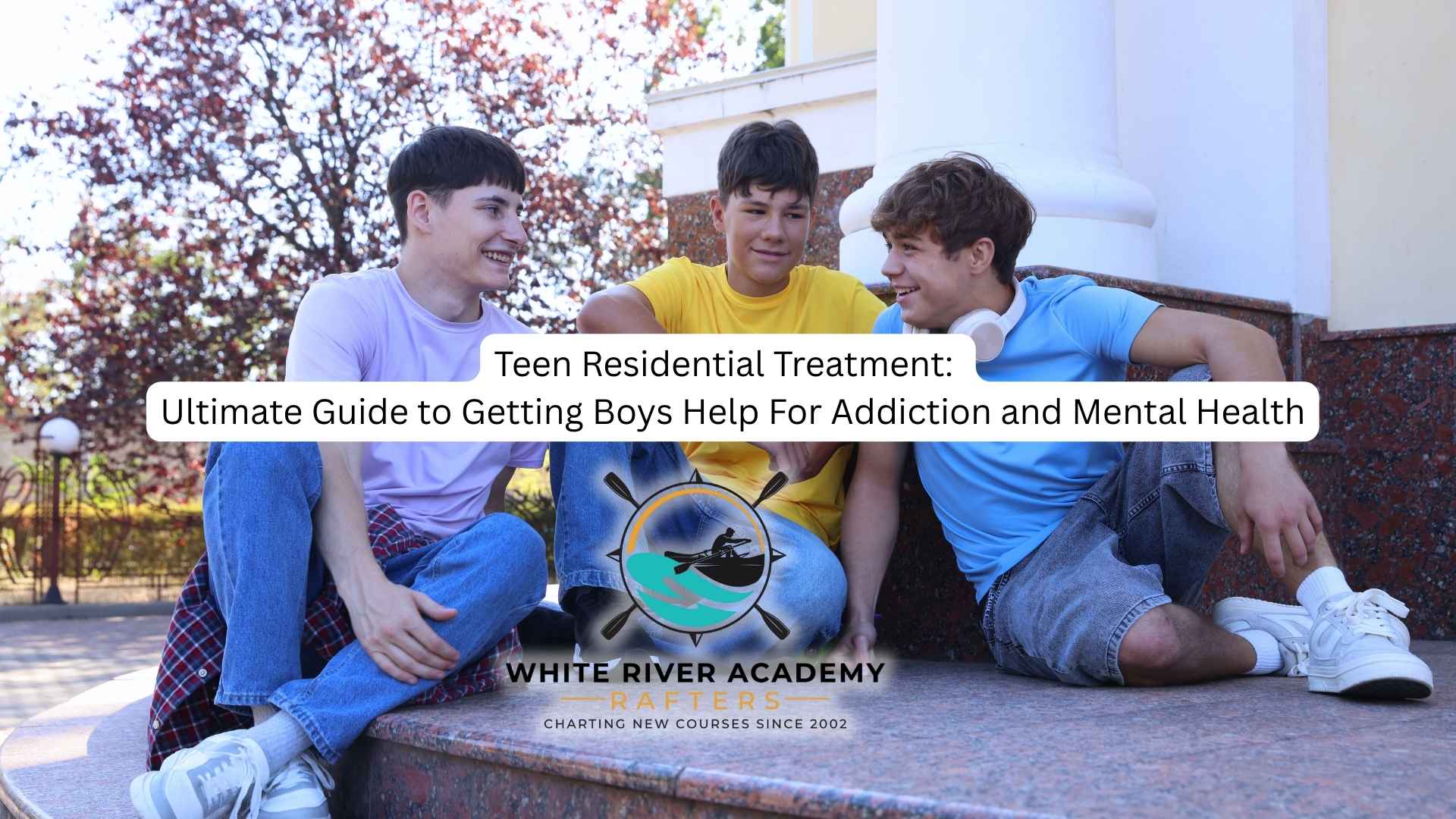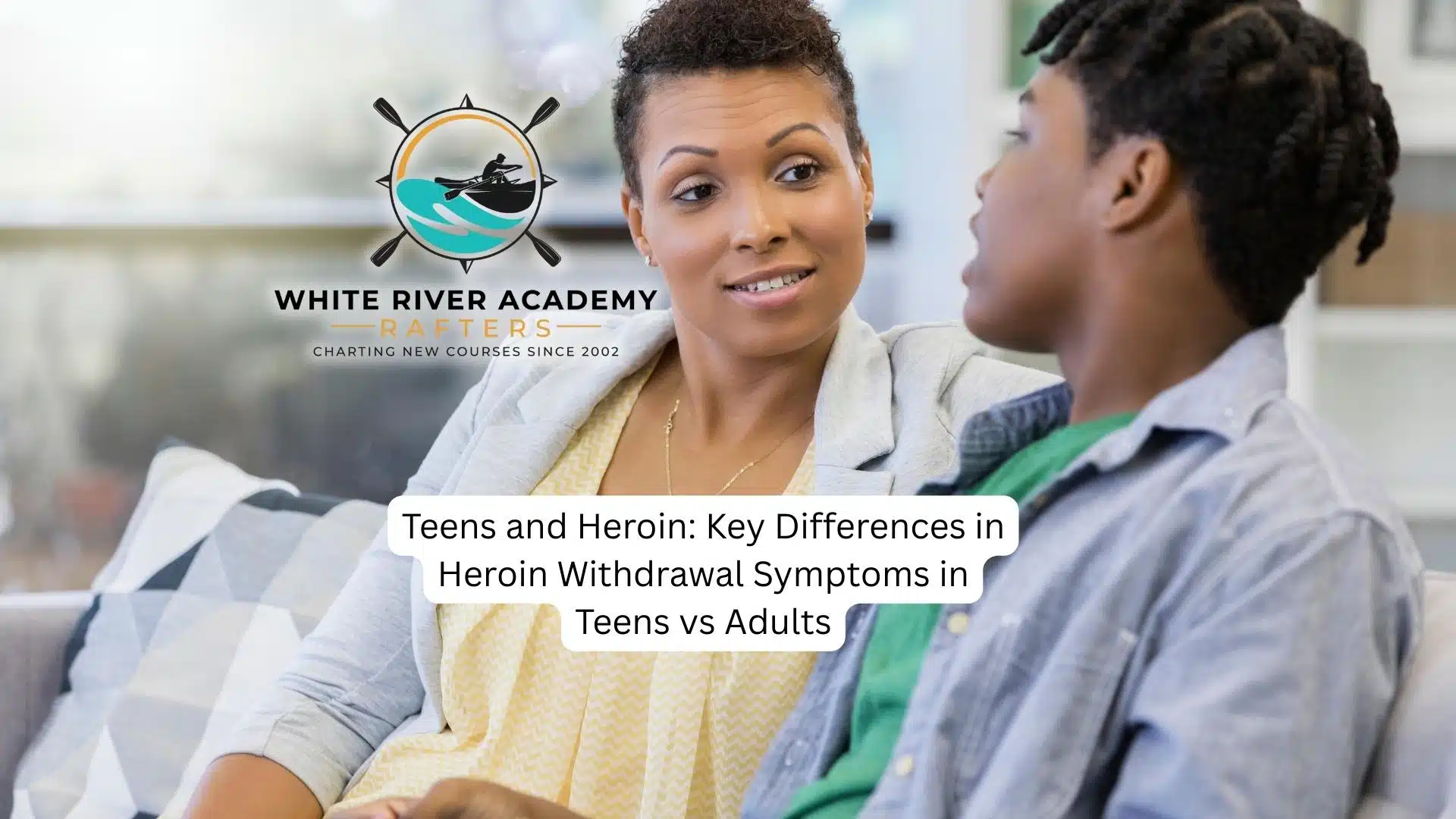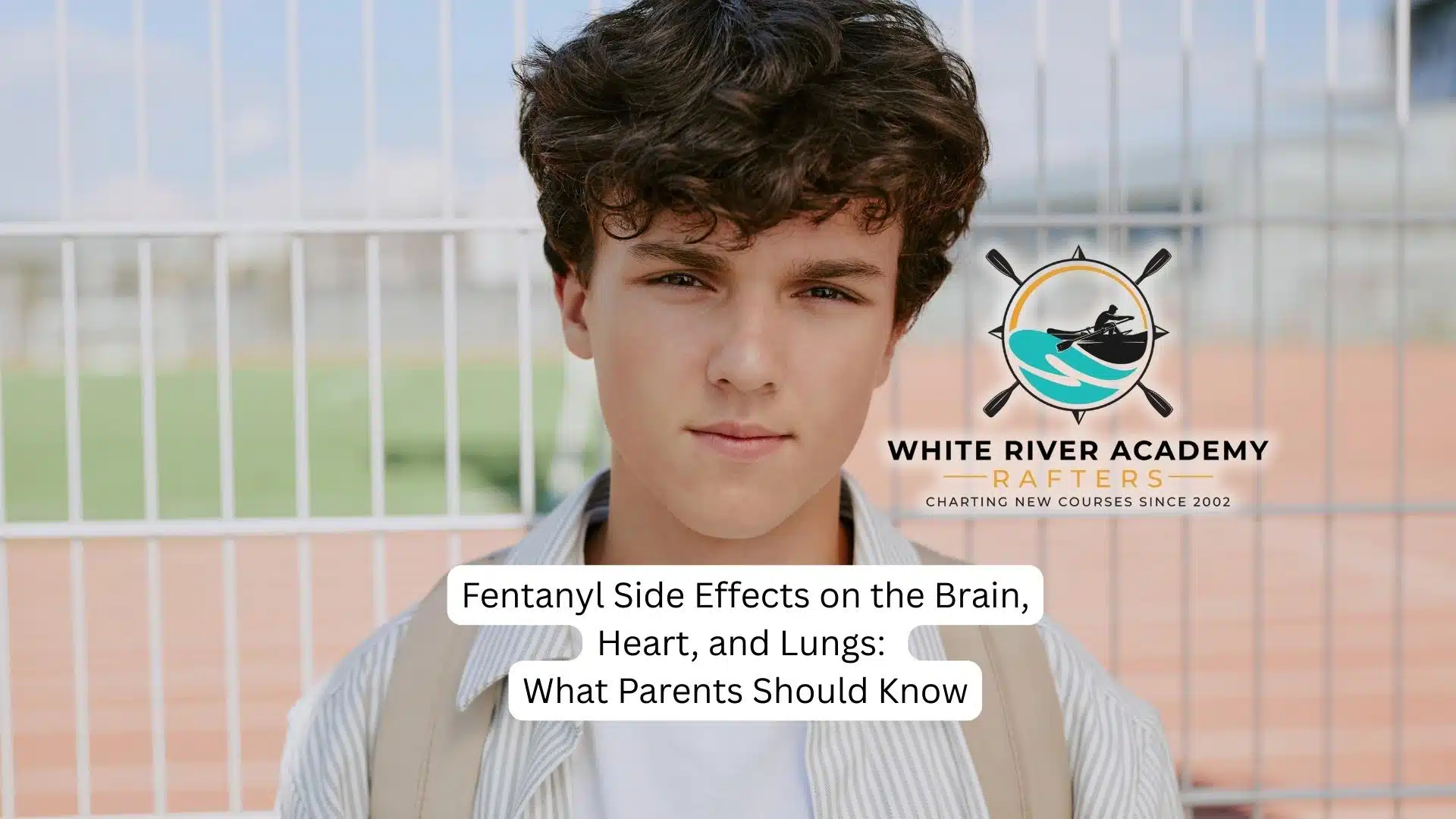As a parent, it’s heartbreaking to realize that your teen may be struggling with substance abuse. Adolescence is a time of growth and change, but when drug or alcohol use becomes part of the picture, it can seriously impact a teen’s development and future. Recognizing and addressing substance abuse early on is critical to helping your teen get back on track.
In this article, we will guide you through the process of conducting a successful substance abuse intervention with your teen. Understanding how to approach this difficult conversation can help you connect with your child and offer the support they need to heal.
Understanding the Need for an Intervention with Your Teen
Substance abuse is a serious issue, especially for adolescent boys. During this developmental stage, teens experience numerous emotional, cognitive, and social changes that can make it difficult for them to fully understand the consequences of their actions. Peer pressure, a desire for independence, and a developing sense of self can all contribute to risky behaviors, including substance use.
For many teenage boys, using drugs or alcohol may seem like a way to cope with stress, anxiety, or emotional turmoil. However, unchecked substance use can lead to addiction, affecting their physical health, relationships, academic performance, and overall well-being.
An intervention becomes crucial when it’s clear that substance abuse has escalated to the point where it is harming your teen’s life. Acting before the consequences become irreversible is essential, so early intervention is critical to setting your teen on the path to recovery.
Specialized programs designed for adolescent boys provide the structure and support necessary to help them navigate the complexities of substance abuse, build healthier coping skills, and get back on track before the consequences become irreversible.
Signs Your Teen May Need an Intervention for Substance Abuse
It can be challenging to distinguish between typical teenage behavior and signs of substance abuse. However, certain changes may indicate your teen is struggling with substance use. Behavioral changes such as withdrawing from family, friends, or activities they once enjoyed can be a sign. A sudden drop in academic performance, neglecting responsibilities, or a noticeable shift in social circles can also point to a deeper issue.
Physically, you may notice bloodshot eyes, weight loss or gain, or a lack of personal hygiene. Emotionally, your teen may show signs of increased irritability, anxiety, depression, or mood swings that are more intense than usual. They might also become defensive, secretive, or angry when questioned. If you notice a combination of these signs, take action and consider an intervention.
Preparing for the Intervention
Start by researching treatment options to understand the best forms of support for your teen. Treatment for adolescent boys struggling with substance abuse can vary from counseling and therapy to inpatient rehabilitation programs. Knowing the right options will allow you to present the best course of action during the intervention.
It’s also important to identify a strong support system. Reach out to trusted family members, friends, or even professional counselors who can offer guidance and support throughout the process. These individuals can help ensure that the intervention is as effective as possible.
Choose a quiet, private setting where your teen feels safe and open to conversation. Avoid scheduling the intervention during a stressful time or moments of heightened conflict. A calm, relaxed environment will encourage your teen to listen and participate in the conversation.
Think through what you want to say and how you present your concerns. Focus on how your teen’s behavior has affected their health, relationships, and future. The conversation should be honest but non-confrontational, emphasizing care and concern rather than anger or blame.
Conducting the Intervention
When the time comes for the intervention, approach it with empathy and a clear, compassionate tone. Rather than making accusations, focus on expressing your concerns from a place of love and care. Using “I” statements like “I am worried about your health and well-being” can make the conversation feel less like an attack and more like an offer of support.
It’s essential to focus on the behavior, not the character. Instead of saying things like “You’re being reckless,” try framing it in a way that highlights the impact of the behavior, such as “Your actions are affecting your future and the people who care about you.” This approach helps avoid putting your teen on the defensive, making them more likely to engage in the conversation.
It’s vital to show your teen a clear path forward, offering them choices for recovery that can be tailored to their specific needs. Make sure to frame the conversation regarding hope and opportunity rather than focusing solely on the negative consequences.

Dealing with Resistance and Emotions During the Intervention
It’s common for teenage boys to resist an intervention. Denial, anger, and defensiveness are typical reactions, especially if they aren’t ready to confront the issue. If your teen reacts this way, remain calm and steady. Don’t take it personally. Stick to the facts, reaffirm your love and support, and avoid getting caught up in emotional reactions.
You must stay consistent with your message of concern while also making it clear that substance use is unacceptable and will not be tolerated. Reaffirm your commitment to their recovery and well-being, but also establish consequences for continued substance use.
Following Up After the Intervention
It’s not uncommon for a teen to reject help after an intervention. If this happens, don’t be discouraged. Keep the lines of communication open and remind your teen that help is available whenever they’re ready.
After the intervention, the focus should be on ongoing support and encouraging further discussions. Continue to offer guidance and give your teen space to process the conversation and the decision to seek treatment. Over time, your teen may come to see the value of the intervention and be ready to accept help.
Final Thoughts from White River Academy
At White River Academy, we understand the complexities of adolescent development and how substance abuse can disrupt growth. Our programs in Utah are designed to address these challenges by helping teen boys take responsibility for their actions, develop coping mechanisms, and reconnect with their innate potential. Through structured support and therapeutic interventions, we empower adolescent boys to overcome their struggles, build character, and transition successfully into adulthood.




